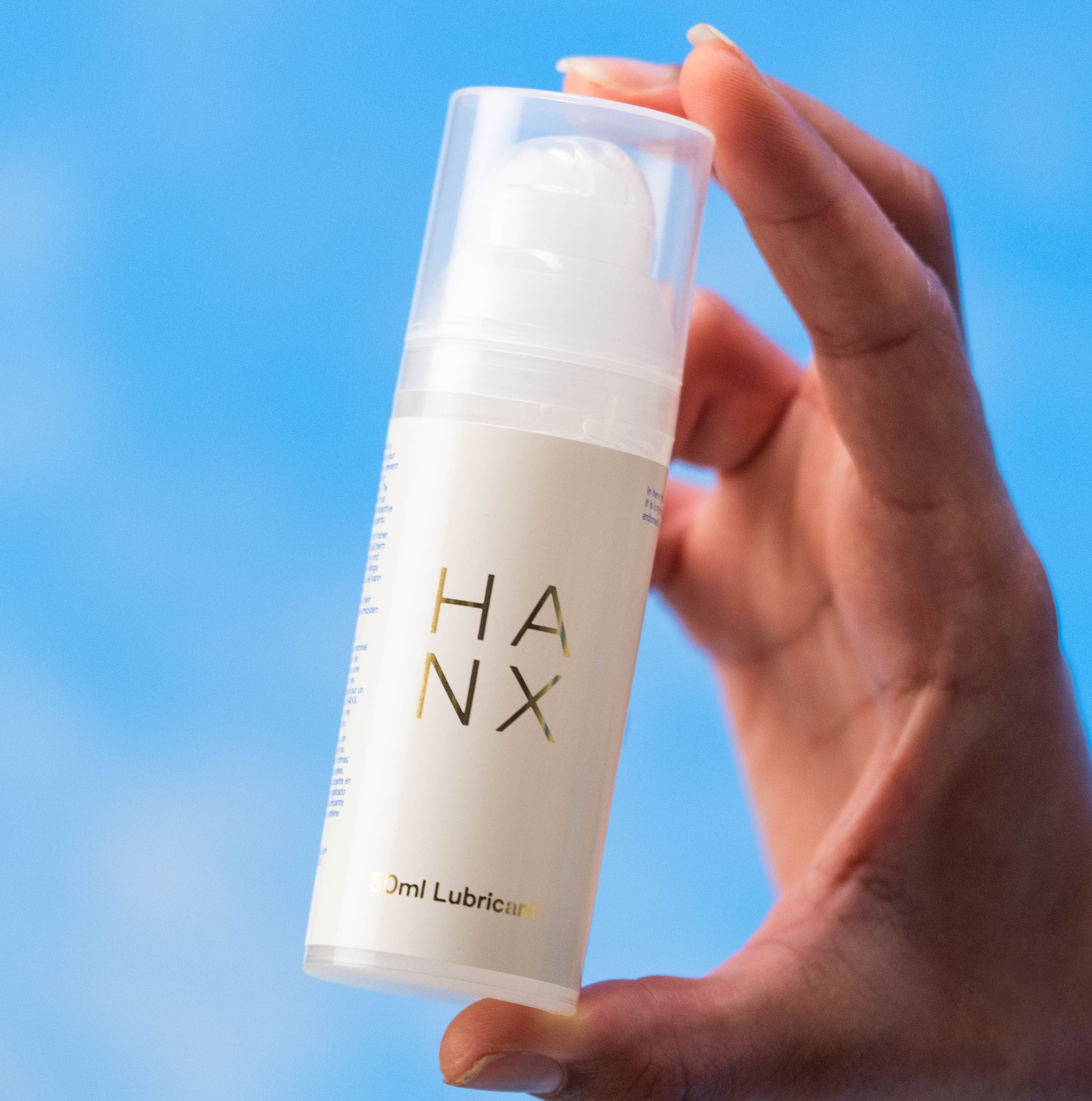How To Spot The Symptoms of Gynae Cancer
Do you know what symptoms to look for to protect against gynaecological cancer? Just 7% of people do - and that needs to change. We’re proud to be back supporting the amazing people over at the Eve Appeal, who are working hard to raise awareness around the five gynaecological cancers. With our very own in-house gynaecology doctor, Dr. Sarah Welsh, we know only too well how important it is to educate as many people as possible about what to look out for, as prevention and earlier diagnosis really does save lives. Let’s get down to it:, what is gynaecological cancer, and what symptoms should you look out for?
What are gynaecological cancers?
First up, it’s important to know that gynaecological cancer is an umbrella term for five separate cancers that occur in the female reproductive system - womb, ovarian, cervical, vulval and vaginal.
What are the symptoms of gynaecological cancer?
Whilst some symptoms are shared across the different types, there are some key differences between them. Any unusual vaginal bleeding (e.g. between periods or after menopause) should always be raised with your doctor, and any unusual symptoms that last longer than two weeks should also be discussed with a healthcare provider. They might sound scary, but it’s really important to speak openly about gynae cancer to help all of us own our health journeys - and recognise when something is out of the ordinary.
Symptoms of womb cancer:
- Bleeding from the vagina in-between periods, after sex or after menopause.
- Heavier periods than usual.
- Pink, brown, prune-coloured or watery discharge.
Symptoms of ovarian cancer:
- Persistent bloating, abdominal or pelvic pain.
- Needing to wee more often, or other change in toilet habits
- Feeling full faster, struggling to eat, or feeling nauseous.
Symptoms of cervical cancer:
- Bleeding from the vagina in-between periods, after sex or after menopause.
- Vaginal discharge with an unusual, unpleasant smell.
- Pain during sex.
Symptoms of vaginal cancer:
- Bleeding from the vagina in-between periods, after sex or after menopause.
- A recurring or continued vaginal itch.
- A lump in the vaginal area.
- Pain during sex.
- Bad or unusual smelling discharge (may also be blood-stained).
Symptoms of vulval cancer:
- A recurring or continued vulval itch, or general pain and discomfort.
- A lump on the vulva.
- Changes on the vulval surface, such as darker, raised, red, white or thick patches of skin.
How can gynaecological cancers be treated?
Treatment differs depending on the person, the cancer and the stage at which it has progressed to. There are a variety of options, and treatment uses a mix of different tools. The most common methods of treating gynae cancers are surgery, to remove cancerous tissue, and radiotherapy and chemotherapy, which can help shrink or kill the cancerous cells.
What can I do to reduce my risk of gynaecological cancer?
Some of the risk factors associated with gynaecological cancer are unavoidable - for example, cervical cancer is more common in younger women (under 50), whilst ovarian cancer is more prevalent post-menopause.
However, there are some key things that can help prevent some of these cancers.
- The HPV vaccine - there are various types of HPV, and many people will get a strain during their lifetime. Many of these are easily treated, but certain strains can contribute to several types of cancer, including cervical, vaginal and vulva cancer - the vaccine can help provide immunity to some of these strains.
- Get your smear test - pap smears are really important in detecting HPV and the cancers it can cause early on. It can be daunting, but we’ve got a guide of everything you need to know ahead of a test right here to ease your fears.
- Frequent testing if you have a family history of certain cancers - if you have relatives who have had ovarian, breast, prostate or pancreatic cancer, you may be at risk of having a BRCA gene alteration. There is genetic testing available for this, and awareness can help you take steps to catch any cancers early.
- Not smoking - smoking is a risk factor for ovarian, cervical, vulva and vaginal cancer as it can suppress the immune system.
Each gynaecological cancer has its own risk factors, and we highly recommend reading more on the Eve Appeal to understand more about them.
Dr. Sarah also suggests checking your vagina in the same way you check your breasts - get familiar with how it feels and looks, so if there are any changes, you’re aware. Keeping track of your cycle can also help you understand when you have breakthrough bleeding.
Want more?
- As a Get Lippy Partner, we’re donating 10% from every 3 Pack of our ultra-thin Condoms sold in May to the cause. That’s both Standard and Large size - stock up and help the Eve Appeal’s pioneering work. Shop now.
- Learn all you need to know about cervical cancer, thanks to Dr. Sarah here.
- Nervous about getting a pap smear/smear test? Here are eight things you really don’t need to worry about.
- Read our interview with Vijaya Varilly and her 2021 campaign around pap smears with the Eve Appeal.






















